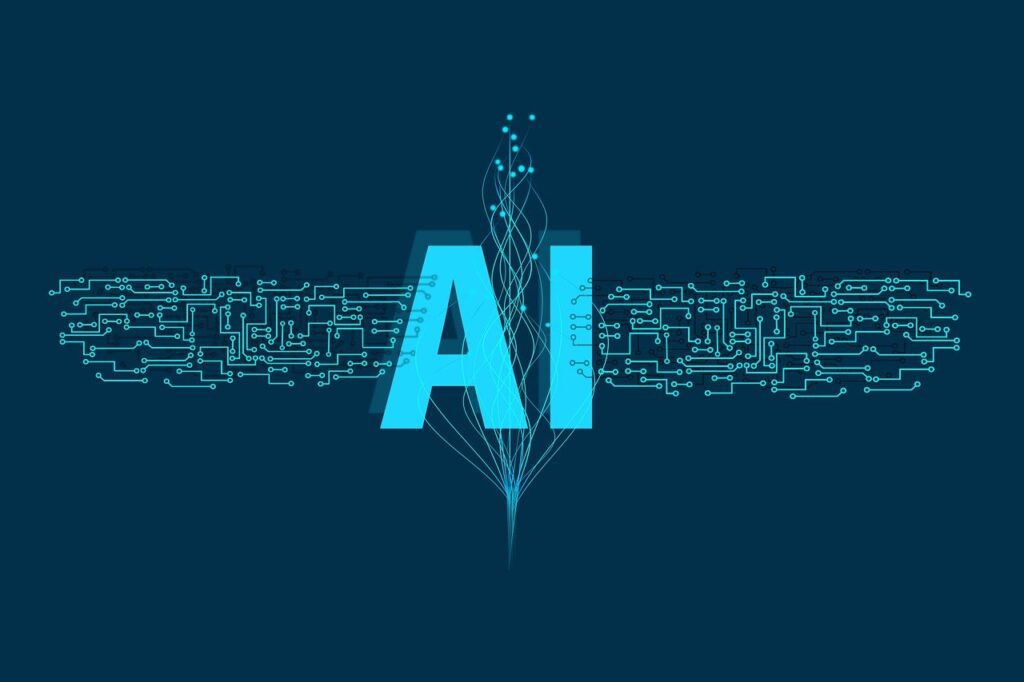In the field of education, artificial intelligence (AI) has become a disruptive force that is reshaping traditional teaching strategies and influencing student outcomes. This in-depth analysis explores the multifaceted impact of AI on education, highlighting how it’s transforming instructional strategies, personalizing student experiences, and enhancing academic performance.
AI-Powered Transformative Teaching Methods
AI is transforming education by providing teachers with tools to enhance instructional strategies, streamline administrative tasks, and deliver personalized feedback. Intelligent tutoring systems leverage machine learning algorithms to tailor educational materials based on each student’s progress, creating a customized learning environment. AI-driven assessment systems also facilitate real-time evaluation, enabling educators to quickly identify areas needing improvement. This innovative use of AI not only boosts teacher productivity but also creates a more engaging and efficient learning environment.
Personalized Education Opportunities
AI’s influence on learning extends beyond customizing instruction to meet individual student needs. Adaptive learning platforms powered by AI assess students’ learning styles, strengths, and weaknesses, adjusting course content accordingly. This personalization ensures students receive targeted support, fostering a deeper understanding of the material. Intelligent feedback, interactive simulations, and AI-driven content recommendations collectively provide a personalized learning experience that accommodates various learning styles and paces. Ultimately, students receive instruction tailored to their specific needs, improving comprehension and retention.
Enhanced Interaction with Students
The dynamic and interactive nature of AI significantly enhances student engagement. AI-powered chatbots and virtual assistants provide immediate support, answering questions and guiding students with their assignments. AI-generated gamified learning environments add a playful element to education, making the learning process more enjoyable and engaging. Additionally, AI facilitates the creation of interactive and immersive content, such as virtual labs and simulations, which captivate students’ interest and encourage active participation.
AI in Student Evaluation and Feedback
AI is revolutionizing traditional assessment methods. Automated grading systems powered by AI efficiently evaluate assignments and tests, providing prompt and accurate feedback. Natural Language Processing (NLP) enhances the evaluation of written assignments, offering in-depth insights into students’ writing skills. Comprehensive reports on individual and group performance generated by AI-driven analytics provide teachers with data-driven insights for targeted intervention. This seamless integration of AI into assessment processes not only speeds up grading but also empowers teachers to offer valuable feedback, promoting continuous improvement.
Challenges and Ethical Issues
While AI has the potential to revolutionize education, its widespread adoption raises challenges and ethical concerns. Data privacy, algorithmic bias, and the digital divide emphasize the need for careful implementation and ethical reflection. Balancing technological advancements with ethical considerations is crucial to ensure AI enhances education without perpetuating inequality or compromising privacy.
Prospects for the Future and Final Thoughts
AI’s impact on teaching and learning outcomes is continually evolving, promising further advancements in education. To harness the full potential of AI tools as they progress, educators must commit to continuous professional development. Balancing technological integration with ethical considerations will be critical in shaping a future where AI best supports improved teaching strategies and learning outcomes. In summary, the transformative impact of AI on education is undeniable, and it will likely reshape the landscape of teaching and learning in the coming years.



